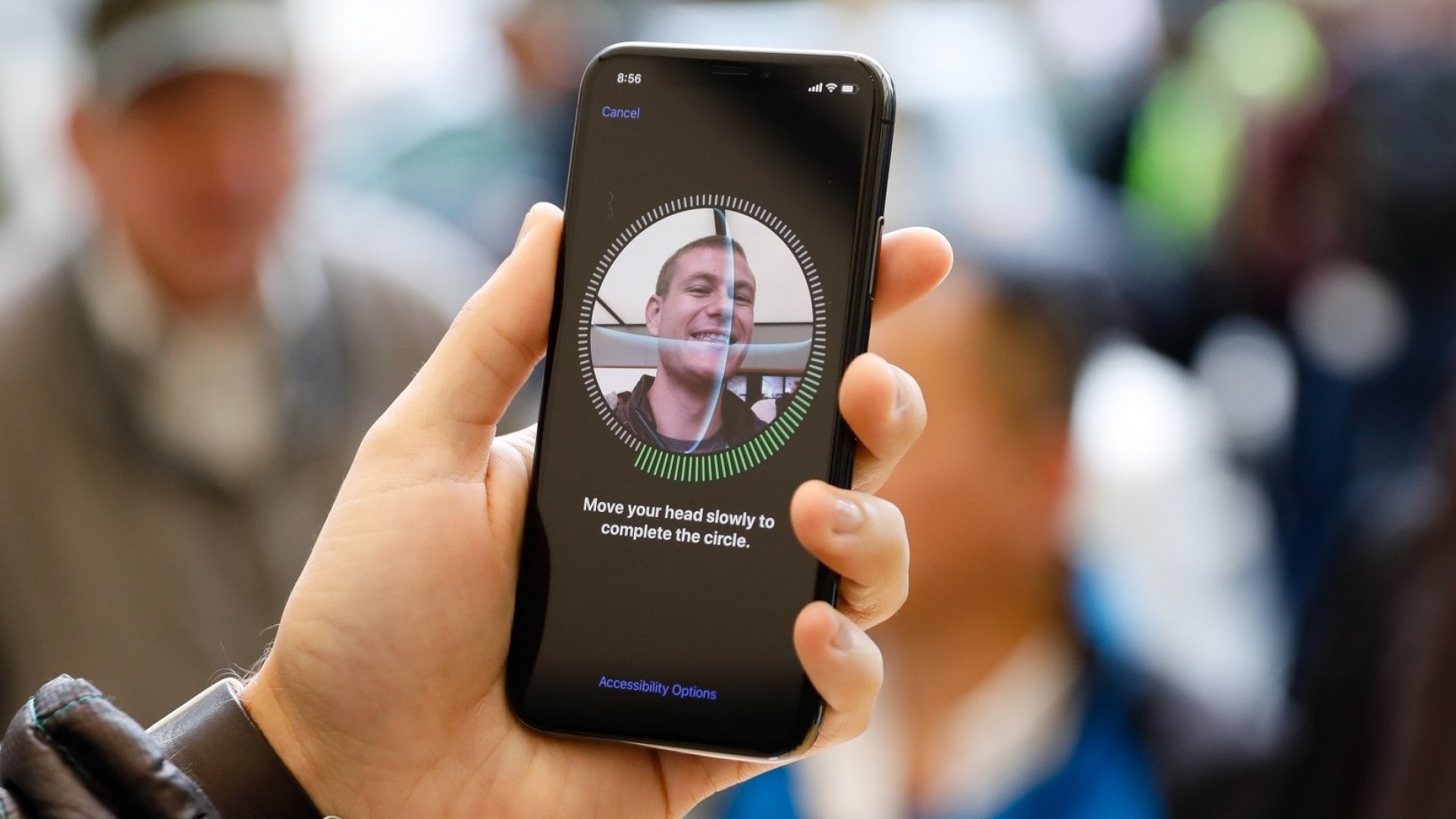
Technology companies are consistently encouraging some form of biometric security to replace passwords and passcodes which are easily susceptible to hackers and identity thieves. Features such as fingerprint scanning and facial recognition are touted as innovative uses in biometric security; however, an individual’s privacy concern remain.
While biometric security pushes us into a new age of technology, it may leave much of our data and personal information stored on phones unprotected under the law.
Is My Phone Passcode Protected Under The Fifth Amendment?
The Fifth Amendment exists to protect individuals from self-incrimination. Regarding phone passcodes, the Fifth Amendment offers greater protections for passcodes due to a cornerstone ruling regarding how the Fifth Amendment applies to compelled production of a password. Courts addressing this issue ruled that the act of producing evidence – or in a scenario providing law enforcement with your passcode –is protected under the Fifth Amendment.
Absent a warrant, if you’re stopped for a traffic violation or detained, you do have the power to withhold your passwords from law enforcement. However, there is one exception – the foregone conclusion doctrine, which means if prosecutors already know a piece of information, that information is not protected by the Fifth Amendment because it can be independently proven to be true.
With that said, things are more complicated at the U.S. border, or in the “border zone”. Earlier this year, a new policy was implemented by US Customs and Border Protection that allows agents to perform basic, manual phone searches at the border – with only “reasonable suspicion,” which is less than “probable cause” of a crime. Even more invasive searches of a phone and its contents do not require a warrant, simply because the courts have found that taking the time to seek them is “not practical.” This means that if you are passing through a border checkpoint, even those that are inside the U.S., such as an airport in Dallas, or a vehicle checkpoint several miles inside the U.S., you are subject to a warrantless search.
Can Police Force Me To Unlock My Phone Using Biometric Phone Passwords?
While biometric phone passwords are an innovative and a technologically-advanced alternative to using four or six-digit phone passcodes, biometric passwords are not protected under the Fifth Amendment as we sit here today. No significant ruling has been determined to serve as the cornerstone understanding in these cases. Therefore, law enforcement can compel you to provide the password to your phone if the password used is a biometric password, such as a fingerprint or through facial recognition. Some law enforcement agencies are simply holding up a phone to someone’s face, or using fingerprints that are on-file, to unlock phones and gain access to information on that phone.
Why Doesn’t The Fifth Amendment Protect FaceID Or Fingerprint ID?
Several courts have ruled that the Fifth Amendment does not provide protection against the production of physical features or acts. This is because physical attributes, such as your face or fingerprint, are not testimonial in nature. For instance, while your fingerprint could point to you being at a crime scene, on its own it does not serve as a testimony that you are either guilty or innocent of a crime.
Essentially, the reasoning behind the lack of protection boils down to the explanation that providing a fingerprint, or holding a phone up to your face, is no more testimonial than standing in a lineup. However, just because protections do not seem to cover biometric passwords now, the language used in past decisions concerning passwords can be used to argue why biometric passwords should be afforded the same protections as alphanumeric passwords under the Fifth Amendment.
While the law remains ambiguous on the protections afforded biometric passwords, it is strongly recommended that you continue to use strong six-digit passcodes in lieu of biometric phone passwords. This will provide you with more protection from law enforcement accessing your phone. It should also be noted that even if law enforcement compels you to provide your phone password, they must still obtain a search warrant to search and use information or contents within the phone.
